You are not required to speak with the police or give a statement whether you are being investigated or have already been arrested for an offence. The Canadian Charter of Rights and Freedoms protects your right to silence, preventing the police from coercing into making self-incriminating remarks. Your first step should always be to seek legal advice if the police have contacted you to participate by making a statement.
Am I allowed a lawyer before speaking with the police?
You will be given the option to consult with your lawyer before you make a statement to the police. It is important that you request for a lawyer. Criminal defence lawyers can explain the potential benefits and risks of making a statement as unique to your situation. It is very rare making a statement early in an investigation will benefit you, but decisions must be made on a case-by-case basis in consultation with a lawyer.
What happens if I make a statement?
If you make a statement to police it is likely to be admissible against you in court. Whatever you tell the police can and will be used by the Crown Prosecutor to build a case against you. There is no such thing as an “off the record” statement, regardless of what the police officer tells you. If you are charged with an offence, and the police ask you to come to the station to just have a conversation, call a lawyer first.
Will I be pronounced guilty if I refuse to make a statement?
No, you will not look guilty just because you refused to provide the police with a statement. There are many people that get arrested who feel they are obligated to provide the police with a statement to not appear guilty However, the Charter of Rights and Freedoms guarantees your right to silence and states that no adverse inference may be drawn from the decision to not talk.
In fact, not making a statement is in your best interests. Instead of making you look guilty, it could go a long way in preserving your innocence. It is important that you do not provide any evidence or speak with the police before exercising your right to a lawyer.
Will I get a reduced sentence if I claim responsibility?
Each case is unique, and it is important that you consult with your lawyer before speaking to the police or divulging any piece of information, no matter how small or irrelevant. Once you are a suspect, the police may try and get an admission of guilt through their interrogation techniques.
Talk to a lawyer, review the file, get advice, then take responsibility if you so choose. Knowing the case against you and getting legal advice means any decision you make will be informed by both the facts and the law.
Why do some suspects make a statement if it is so bad?
Most lawyers tend to advise their clients against making a statement. However, there are many people that still go ahead and talk to the police in a bid to prove their innocence. The problem with trying to convince the police is a decision may have been made to charge you anyways, so despite telling the police you did not commit a crime, you are going to be arrested and charged with committing an offence. You will still need to get a lawyer. Your lawyer will still need to review the file so you can know the case against you.
Often police investigations are lengthy, and they may request an interview with you before all the facts are known and witnesses interviewed. That is why it is almost always best to wait and be fully informed of the facts before deciding.
What are my rights in a police investigation?
Everyone in Canada has the right to remain silent and the right to retain and instruct counsel without any delay. There are very few people who understand these rights and exercise them when being grilled by the police. There is no requirement for you to provide a statement or speak to the police, regardless of the police pressure placed on you.
Similarly, you do not have to visit the police station if you are being called in as a suspect and don’t want to. Failing to visit the police station may compel the police to come to the location and make an arrest in some instances. However, this is not the same as being required to go to the police station of your own accord. Retain a lawyer to help you navigate this area. If the police are going to charge and arrest you, it is possible to make arrangements for you to turn yourself in to avoid having the police show up and arrest you at home or work.
Should I speak to police officers on the phone?
Statements made over the phone to any law enforcement official are admissible in court. Utterances and statements made by suspects, even before they were charged, can be admitted in court as long as they are voluntary and provided after proper cautions of right to silence and counsel are made.
Voluntary statements are those that were given of free will without any coercion, threats, promises or other factors. Statements made over the phone can be considered voluntary and admissible.
